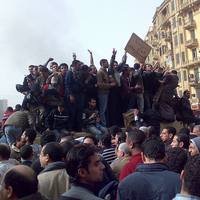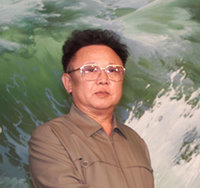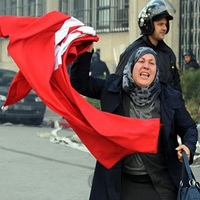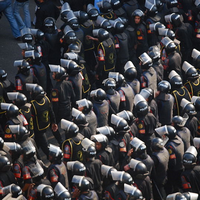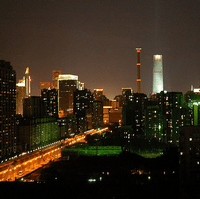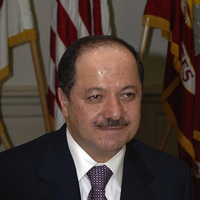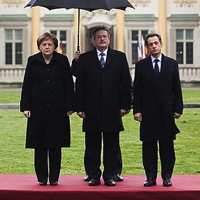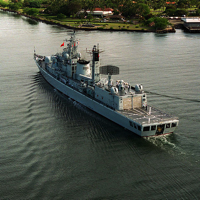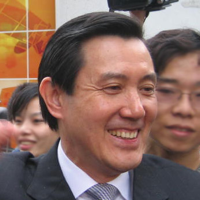
Last month, the Philippines deported 14 Taiwanese citizens suspected of fraud to China, a move largely seen in the international community as legally justified but diplomatically tone-deaf. The Philippines justified the decision by claiming that the 14 were Chinese, not Taiwanese, in a de facto denial of Taiwan’s separate sovereignty from the mainland. Manila’s snub of Taipei, its longtime friend and partner, speaks to an Asian region increasingly willing to accede to Beijing on issues touching on Taiwan’s sovereignty. Legal issues aside, the row has exposed how much the self-ruled island’s already minimal global leverage has dwindled beside that of […]

